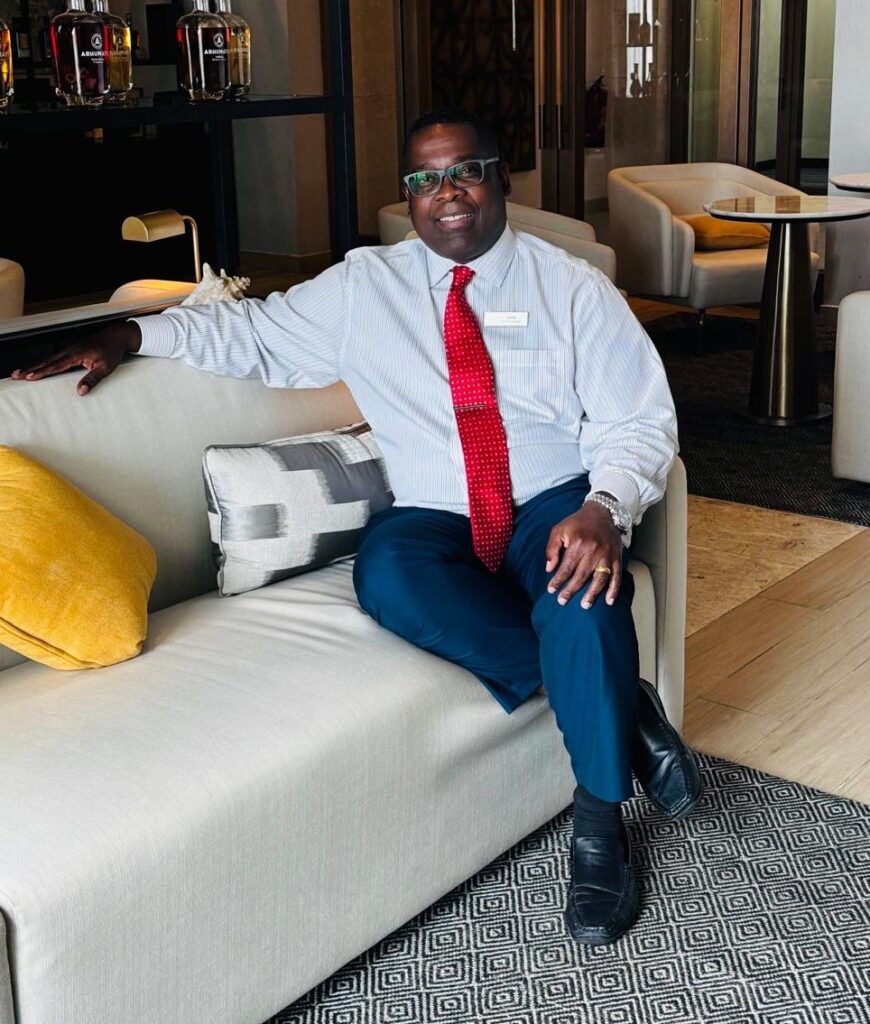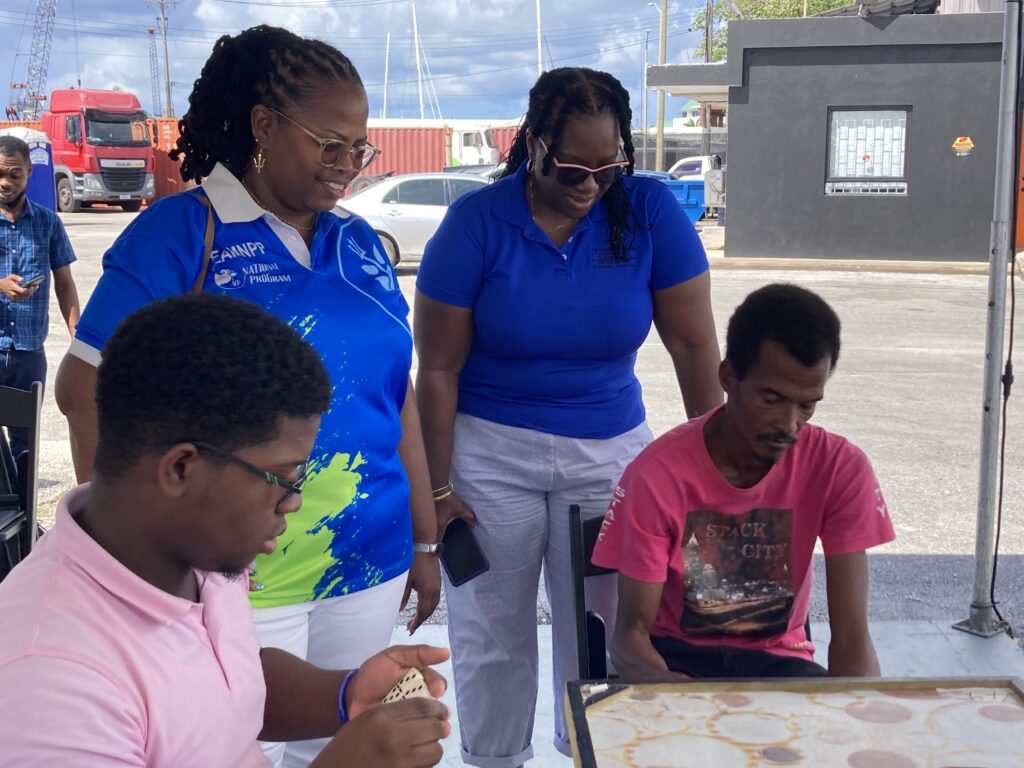Experts on Haiti at a University of the West Indies (UWI) forum have suggested that the worsening crisis there will require a well-planned, Caribbean-centric solution rather than one heavily influenced by Western pressures.
Regional academics also questioned the wisdom of military intervention in the strife-torn nation during Monday’s virtual Vice-Chancellor’s Forum, The Multidimensional Crisis in Haiti: Recent Diplomatic Developments and the Way Forward, which was organised in collaboration with the Diplomatic Academy of the Caribbean in the UWI’s Institute of International Relations.
The forum examined the situation in significant areas in and around the capital, Port-au-Prince, which have been under the control of gangs after Prime Minister Ariel Henry announced he would stand down on March 12 following months of unrest.
Vice-Chancellor Professor Sir Hilary Beckles said the unrest should not be seen as a recent development but the result of rising levels of resentment and distrust among the Haitian population against many of the actions by Western powers ever since Haiti achieved its hard-fought independence in 1804.
The renowned historian said: “I think we are gathered to bear witness to what those colleagues in the reparatory justice movement have described as a 200-year-old crime scene. We know the conversations that began in 1824, 200 years ago, where the Haitian nation and people under the barrel of a gun, the French military and the American military, forced the Haitian people to pay reparations for their freedom having won and anticolonial and antislavery war and proclaiming the equality of all men and women. We as historians know the significance of that.”
According to the Vice-Chancellor, the early intrusion into the republic’s economic affairs, without strong enough opposition from neighbouring governments, set Haiti on a path of economic instability.
“We are speaking about 150 years of economic extraction leading to economic chaos; economic underdevelopment; institutional destruction and decay; the weakening of the apparatus of the state, and the creation of a dysfunctional state,” Sir Hilary said. “A state without an economic base, a state with an ideological vision but no economic infrastructure to enforce its authority, and the descent of that nation into economic and political chaos.
“Instead of being a site of celebration, it became a battleground for the duplicity and ultimately the hypocrisy of Western democracy. We in the Caribbean therefore need to put the Haitian discourse within its proper analytical context, of Haiti the Caribbean [nation] being at the centre of the ideology of the West, but being in the economic South of that West, and the contradictions this has meant for that Atlantic world.”
Dr Renata Segura is the Latin America and Caribbean programme director of the International Crisis Group, an independent, non-profit organisation that works to prevent and resolve deadly conflict. She said Haiti’s transition council, which will be in charge of selecting a new head of government, a cabinet and a provisional electoral council, has been largely influenced by the US and other powers and has a tough road ahead given that the council itself has deeply polarising representatives within its ranks.
“What we are seeing is the transitional council that is supposed to bring Haiti to a stable enough situation where elections can be convened,” Dr Segura told the forum. “It’s a little bit worrisome what we have seen in the last week or so; the council is just a reflection of the deep polarisation of the political actors in Haiti, a deep polarisation that impeded a path to come to fruition between Henry and the multiple political and social sectors, and now have been sort of corralled into this transitional council by the international community.
“We need to be hopeful; I think there is a small window that is opening for Haiti to come to a new stage for this crisis to be over.”
Dr Jemima Pierre, a scholar on global race at the University of British Columbia, said the planned armed intervention in Haiti should not be looked at in a favourable light, given the lack of direction on how the foreign forces will work with the local Haitian police, and the lack of a timeline to gauge the intervention’s success.
“The proposed military intervention is not a UN mission, I need us to be clear that that is the case. It is sanctioned by the UN Security Council, but it is not under the purview of the UN. Which is why the US is paying Kenya $300 million. More importantly, the original goal of this mission, which was planned as early as 2022, was to uphold the power of the illegitimate and US-installed prime minister of Haiti, Ariel Henry,” Dr Pierre said.
“If this armed mission is not under the purview of the UN, who would hold these foreign soldiers accountable for the inevitable violence it will surely bring to Haiti? Moreover, this military mission is ill-defined. The Institute for Justice and Democracy in Haiti, for example, argues that the proposed Kenya-led mission may be the most ill-considered mission in the long history of ill-considered armed foreign interventions.”
The post Experts wary of Haiti intervention aims, timeline appeared first on Barbados Today.


